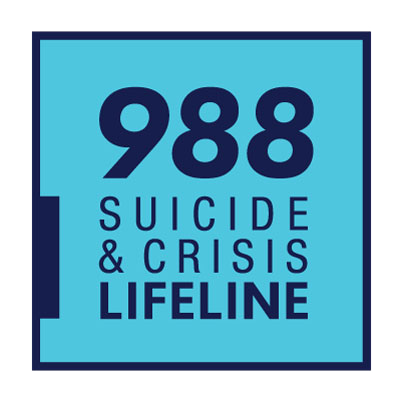
American Foundation for Suicide Prevention
American Association of Suicidology
National Suicide Prevention Lifeline
 As many as one third of the people in Kentucky, suffer devastating and long lasting emotional trauma when a family member, friend, co-worker, neighbor or classmate dies as a result of suicide.
As many as one third of the people in Kentucky, suffer devastating and long lasting emotional trauma when a family member, friend, co-worker, neighbor or classmate dies as a result of suicide.
This is not just a Kentucky problem, but a national one. Each year nearly 30,000 people in the United States die by suicide. The devastated family and friends they leave behind are known as “survivors.” There are millions of survivors who are trying to cope with this heartbreaking loss.
Survivors often experience a wide range of grief reactions, including some or all of the following:
These feelings usually diminish over time, as you develop your ability to cope and begin to heal.
Just as people can die of heart disease or cancer, people can die as a consequence of mental illness. Ninety percent of all people who die by suicide have a diagnosable psychiatric disorder at the time of their death (most often depression or bipolar disorder).
Suicide is almost always complicated, resulting from a combination of painful suffering, desperate hopelessness, and underlying psychiatric illness.
Just in Time Training is a web based service program designed to connect foster parents, kinship or other caregivers with training, peer experts and other resources. Questions are answered and practical solutions to care for children are discussed - all from the comfort of your home or office.
If you have difficulty accessing any material on this site, please contact us in writing and we will work with you to make the information available. You can direct your request to JITSupport@USF.edu.